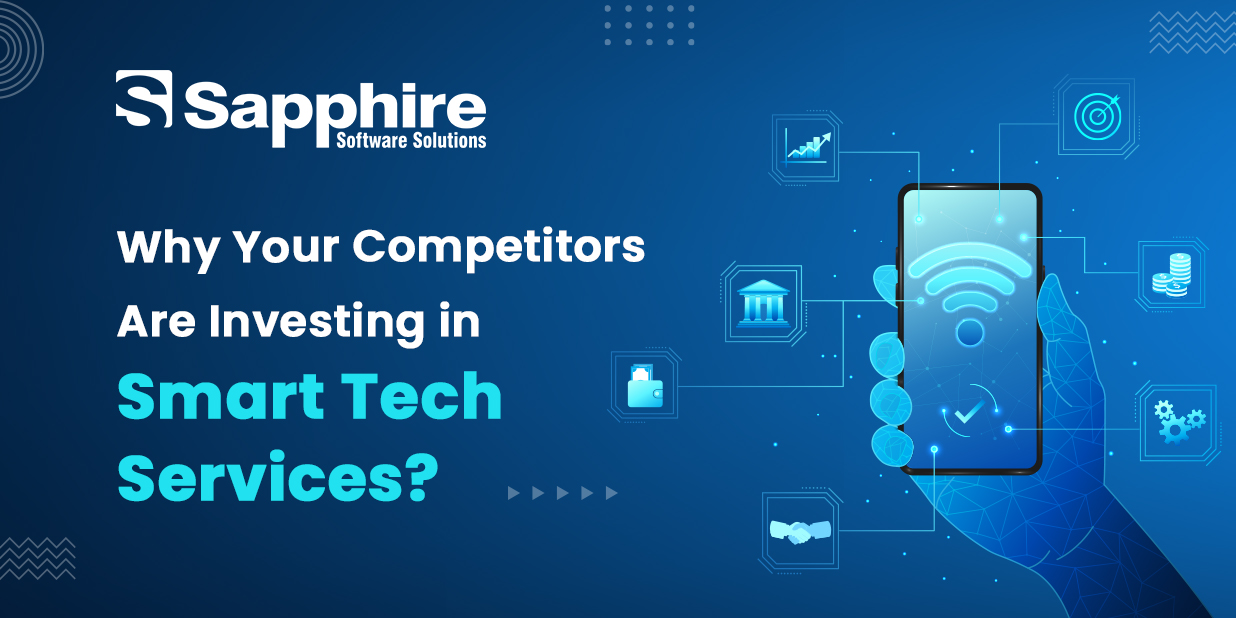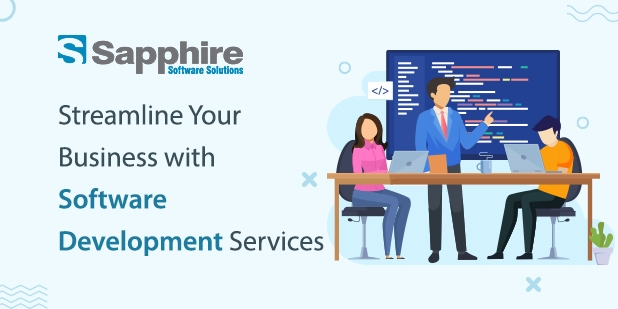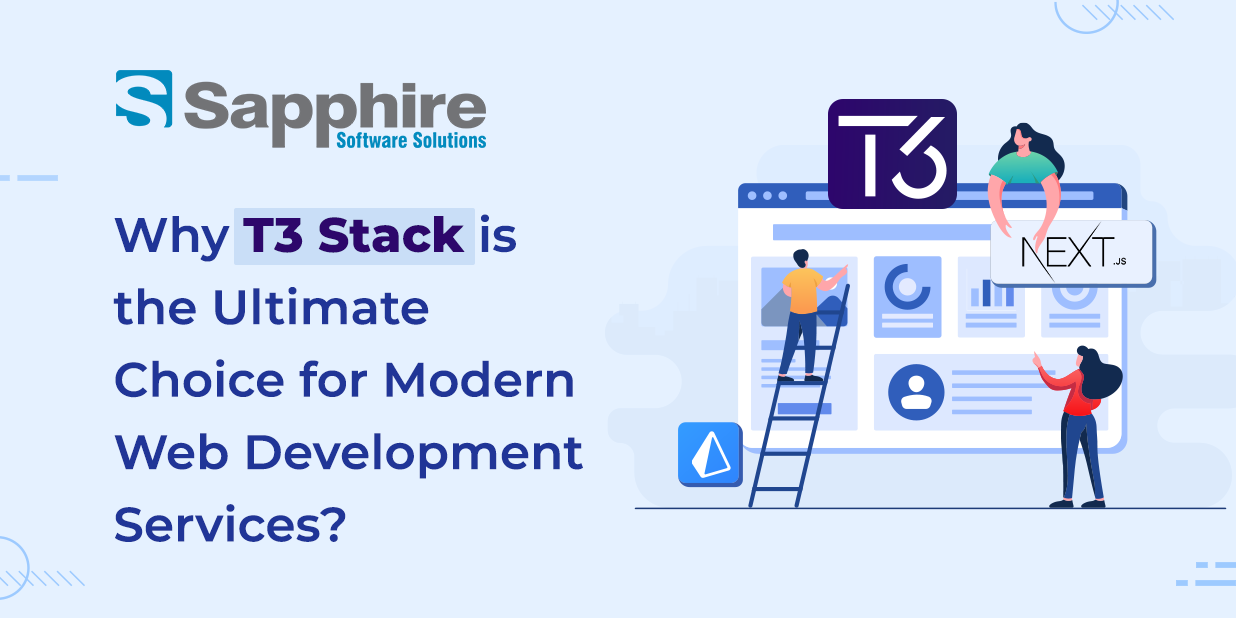What is Smart Technology?
I’m guilty of being skeptical. When I first heard of “Smart Technology,” I raised an eyebrow or two. Just another buzzword, I thought. But after experiencing smart devices for the last couple of years, I’ve come to understand the real Smart Technology Meaning: technology that gets progressively better at assisting us.
Smart Technology fundamentally differs from typical devices. Your previous thermostat might have been programmable, but it was not able to learn that you like it cooler during remote work. A smart thermostat learns these things and begins adjusting on its own.
The sorcery occurs by way of sensors that gather data, artificial intelligence that interprets it, and machine learning that optimizes the system with time. Mix the Internet of Things (IoT) to link everything together, and you have an ecosystem that functions together like magic.
How Does Smart Technology Work?
The technology used by Smart Technology is advanced but simple. It’s like having an obedient aide that improves how it can assist you the more time it spends with you.
It begins with sensors that track anything from movement and temperature to noise levels and air quality. This information is passed through AI algorithms that search for patterns and make forecasts. Smart Technology Software doesn’t merely gather data; it analyzes it to see what’s typical and what may be out of the ordinary.
Machine learning makes systems better by teaching them from your actions. When your home automation recommends lighting on and you agree, it learns. When you cancel a suggestion, it learns from that as well. The Smart Technology Solution gets better at knowing what you need. The Internet of Things links gadgets, so they all talk to one another. Your smart doorbell alerts your lights to go on when a guest approaches. Your fitness tracker informs your thermostat that you’re working out and may prefer it to be cooler. This makes experiences seem magical because many systems operate synergistically.
Benefits of Smart Technology:
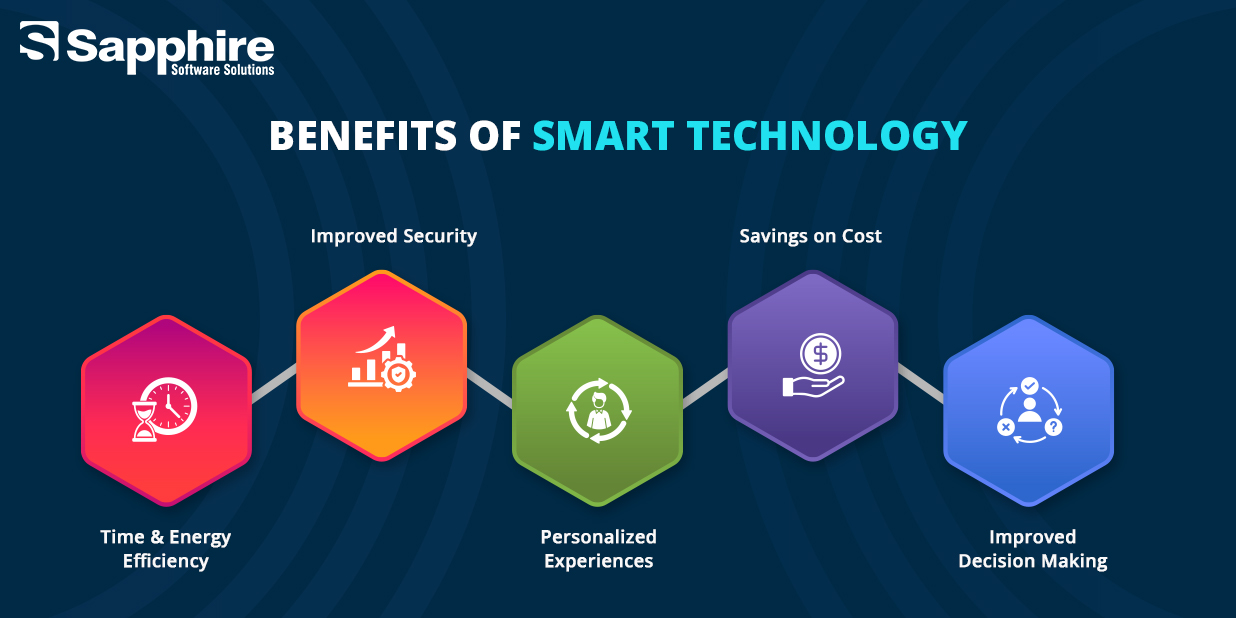
Why are companies and homes adopting Smart Technology? The benefits are strong:
- Time & Energy Efficiency: Routine tasks are performed by automated systems, which save time and energy. Smart thermostats learn your routine and automatically adjust.
- Improved Security: Real-time monitoring and alerting ensure improved safety. Unusual activity can be detected by smart cameras, which send immediate alerts.
- Personalized Experiences: Devices learn your behavior and preferences and deliver customized experiences that grow better over time.
- Savings on Cost: Predictive maintenance avoids costly breakdowns. Smart energy management lowers utility bills substantially.
- Improved Decision Making: Insights from data enable enterprises and individuals to make well-informed decisions in different circumstances.
Smart Technology Services are increasingly emerging as strategic investments that enhance productivity, sustainability, and satisfaction.
Applications of Smart Technology Adopted in Leading Services Sector:-
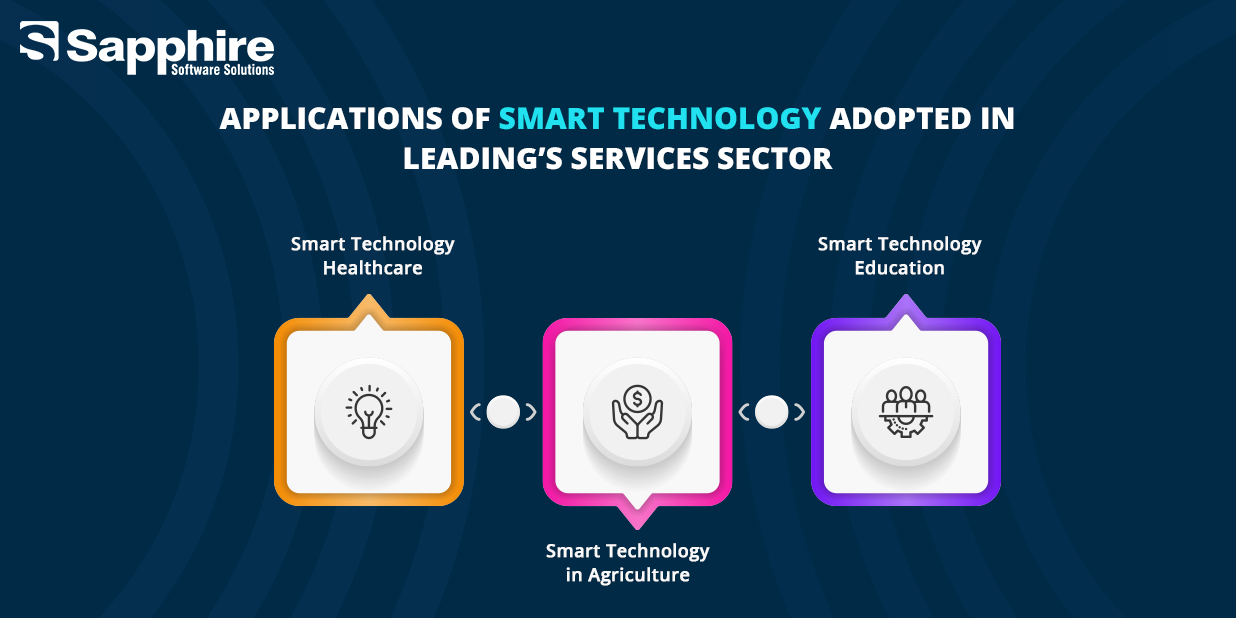
Let us see how Smart Technology is revolutionizing key sectors:
1. Smart Technology Healthcare:
Smart Technology Healthcare is transforming patient care with wearable tech that tracks heart rate, oxygen saturation, and sleep. These are not fitness monitors; they are medical devices that can identify abnormal heart rhythms and warn users about issues.
Artificial intelligence systems read medical scans at superhuman levels of accuracy, identifying problems that human physicians may overlook. Telemedicine websites link patients to experts around the globe, and smart medication systems track proper adherence to treatment protocols.
The effect goes beyond patient monitoring. Hospitals apply Smart Technology to forecast patient decline hours in advance of conventional warning signs. Smart beds self-adjust positions to avoid bedsores, while artificial intelligence-driven scheduling maximizes staff deployment according to patient requirements. Emergency response systems can send ambulances to accidents identified by smart city infrastructure before people call for assistance.
2. Smart Technology in Agriculture:
Contemporary farms employ Smart Technology in Agriculture to track soil health, weather conditions, and plant health in real-time. Drones detect issues such as infestations by pests before farmers notice, allowing targeted treatment. Smart irrigation conserves water by up to 20-30% by watering only when necessary. Fertilizers are used in precision application, reducing chemicals while allowing for equal production, for the benefit of both farmers and the environment.
Livestock farming has been revolutionized by Smart Technology Solutions that track the health, behavior, and productivity of individual animals. Sensors can pick up on preliminary signs of sickness, forecast peak breeding times, and even monitor grazing patterns to maximize pasture use. Computer-controlled feeding systems tailor food according to each animal’s unique requirements, while robot milking systems work day and night without human supervision.
3. Smart Technology Education:
Smart Technology Education tailors learning with adaptive platforms that respond to specific student needs. Rather than generic, cookie-cutter teaching, AI observes how each student learns best and adapts lessons in turn.
Virtual reality allows for rich experiences, where students can tour ancient monuments or run experiments with chemistry in a lab setting without danger. Language learning programs offer one-on-one conversation practice and pronunciation guidance.
Enhancing Customer Experiences Through Smart Technology:
Smart Technology is revolutionizing the way companies engage with customers, building tailored experiences that were not possible before.
Predictive customer service flags issues before they are even noticed by customers. AI-powered chatbots address routine questions while passing on more advanced issues to humans. Real-time personalization modifies websites and apps according to individual behavior and preferences.
Advanced recommendation systems consider not only purchase history but searching habits, seasonal demand, and outside influences such as weather. A clothing store could recommend raincoats when storms are predicted or suggest clothes for vacation when you’re booking trips.
Physical stores employ intelligent mirrors that make recommendations of complementary products and interactive shelves that give product details without the need for store personnel. Mobile checkout systems and even cashless stores make checkout easy.
Impact of Smart Technology on Modern Society:-
City Infrastructure:
Smart lights, IoT-enabled waste management, and smart traffic control are employed by cities to minimize traffic and emissions. Traffic signals vary in timing according to real-time scenarios, and intelligent parking systems direct drivers to vacant slots.
Healthcare Accessibility:
Telemedicine platforms with diagnostic equipment deliver expert care in underserved areas. Rural patients receive expert consultations as they are accessed via telemedicine platforms with diagnostic equipment.
Workplace Evolution:
Cloud-based Smart Technology Solutions facilitate flexible work arrangements and global teamwork. Teams collaborate seamlessly irrespective of location, and AI assistants take care of repetitive tasks.
Environmental Sustainability:
Intelligent energy grids maximize power distribution and incorporate renewable energies. Buildings are automatically able to control heating, cooling, and lighting depending on occupancy and weather.
Nonetheless, this transformation comes with significant issues that need to be addressed. Maintaining data privacy, fostering digital literacy, and diminishing technology disparities across populations are still essential for fair access to Smart Technology advantages.
Struggling with Inefficiency? See How Our Smart Tech Services Company Solves It Fast?
Still operating manually or with legacy systems? Our Smart Technology Services remove inefficiency from the ground up. We begin by learning about your unique challenges and business objectives. Next, we create tailored Smart Technology Software, whether an intelligent CRM system, a real-time analytics dashboard, or a completely integrated IoT platform. Our solutions aren’t technically sophisticated alone; they’re built for your people.
Sapphire Software Solutions offers end-to-end support from integration to training and scaling. Our Smart Technology Solutions transform businesses into smarter, faster, and future-proofed ones. Automated customer service, predictive maintenance systems, or data analytics platforms, we bring results that redefine operations. Our methodology emphasizes effective implementation of sophisticated technology for its ends. We help ensure your staff can readily adapt and utilize new systems while having complete command of your operations.
Conclusion:
From Smart Technology Healthcare and Smart Technology Education to Smart Technology in Agriculture, the difference is palpable. With the proper Smart Technology Services, organizations don’t merely accept change; they drive it. Smart Technology is a paradigm shift where machines learn to speak our language instead of requiring us to master theirs. This opens the door for more individualized, streamlined experiences in every aspect of life.
The key is approaching this technology thoughtfully, considering privacy, security, and genuine utility. The goal isn’t automating everything but creating systems that complement human capabilities, freeing us to focus on creativity, problem-solving, and meaningful connections. Whatever your profession – entrepreneur, teacher, or innovator – the future is interconnected and full of possibilities. Smart Technology Solutions provides solutions for doing better and with control over your virtual space. The revolution is already upon us, working quietly to transform industries and make lives better around the globe.



















